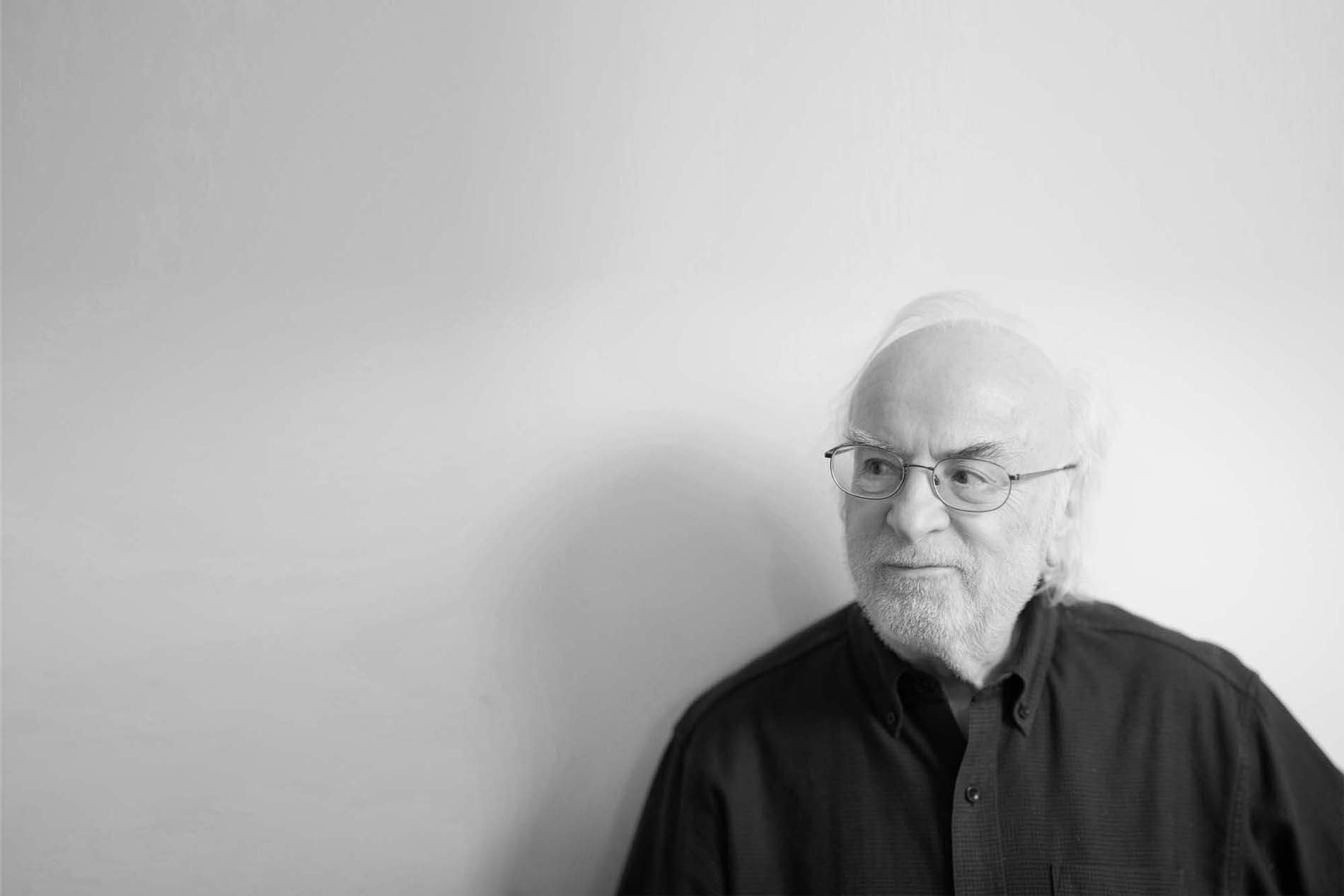
Born July 19, 1936, in the Bukovina province of Romania,
Norman Manea's life and work were marked by his early years in a concentration camp,
his afterlife under communist dictatorship
and exile.
More...Early years.
Norman Manea was deported as a child, in 1941, by the Romanian fascist authorities, allied with Nazi Germany, in the concentration camp of Transnistria in the Ukraine with his family and entire Jewish population of the region. He returned to Romania in 1945 with the surviving members of his family and graduated with high honor from the high school in his town Suceava. He received the master's degree in hidro-technological engineering from the Construction Institute in Bucharest in 1954 and worked as an engineer in field side, planning and research. He has devoted himself to writing since 1974. In 1969 he married Josette Cella Boiangiu, an art conservator. Since spring 1988 they live in United State where he was Francis Flournoy Professor of European Studies and Culture and writers in residence at Bard College, NY. In 2017 he retired from teaching and became Professor Emeritus and Distinguished writer in residence at Bard College.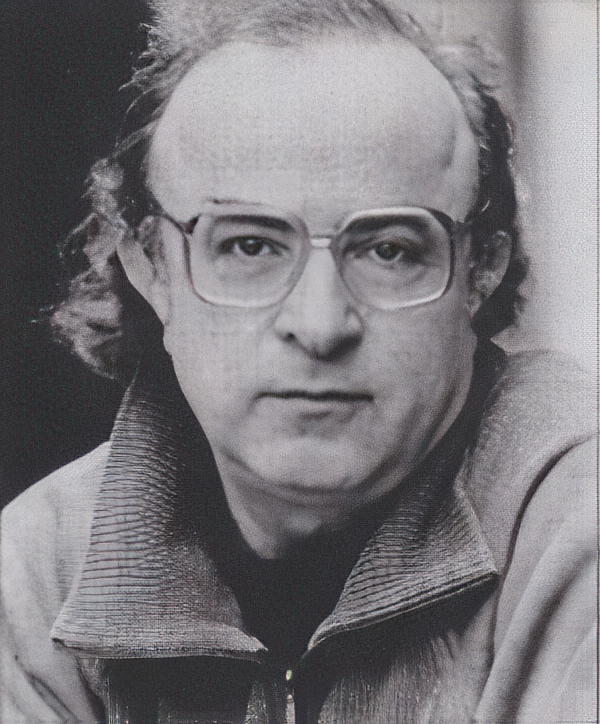
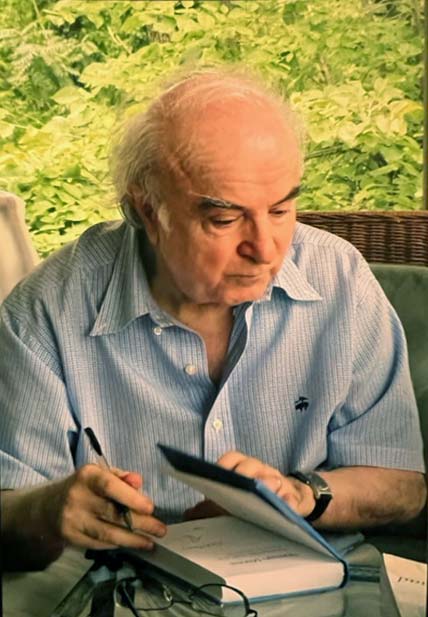
Literary Career
Manea's literary debut took place in Povestea Vorbii (The Tale of Word) 1966, an avant-garde and influential magazine that appeared in the early years of cultural liberalization in communist Romania and was suppressed after six issues. In 1986 he left Romania with a fortunate German fellowship as a result of antisemitic aggression and communist persecution of the bleakest period in the post-war dictatorship. His literary price of the Writers Union was revoked by the party and he was attacked in the official press and followed by the ubiquitous Securitate. Until he was forced into exile, he published ten volumes of prose and essays, praised by the most important literary critics.After the collapse of Ceausescu dictatorship, several of his books started to be published/ republished in Romania.
Coming to West, NM continue to write in Romanian and his books were translated in more that 30 languages and his articles and essays appeared in the press in many countries.
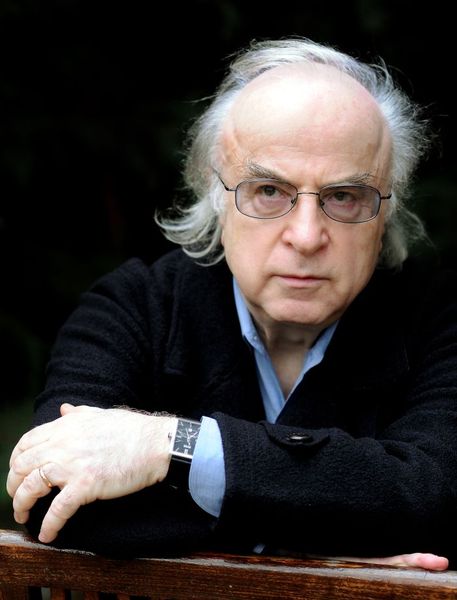
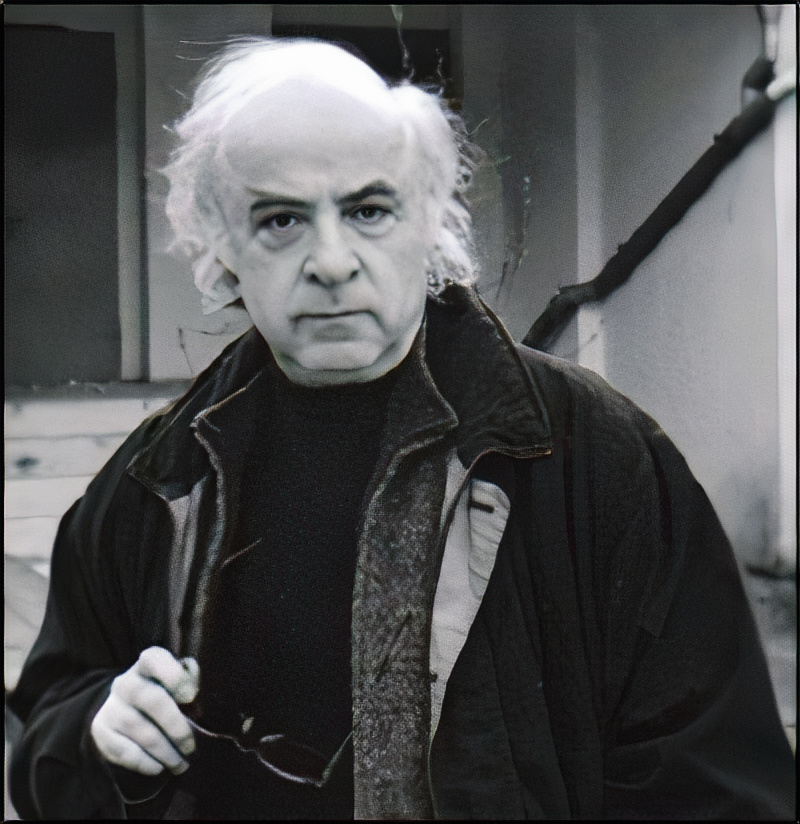
His 1991 essay in The New Republic ("Happy Guilt") on Mircea Eliade's connection to the extreme right movement in the 1930s and 1940s provoked a fierce and lasting hostile campaign in post-Communist Romania, with frequent anti-Semitic overtones. His critical stand towards the Romanian right wing intellectuals, opened the way to an active national debate about this still sensitive subject
Meantime, in the Unites States and European countries, Manea's writing was received with great acclaim.
Norman Manea received important Romanian, American and European literary distinctions.
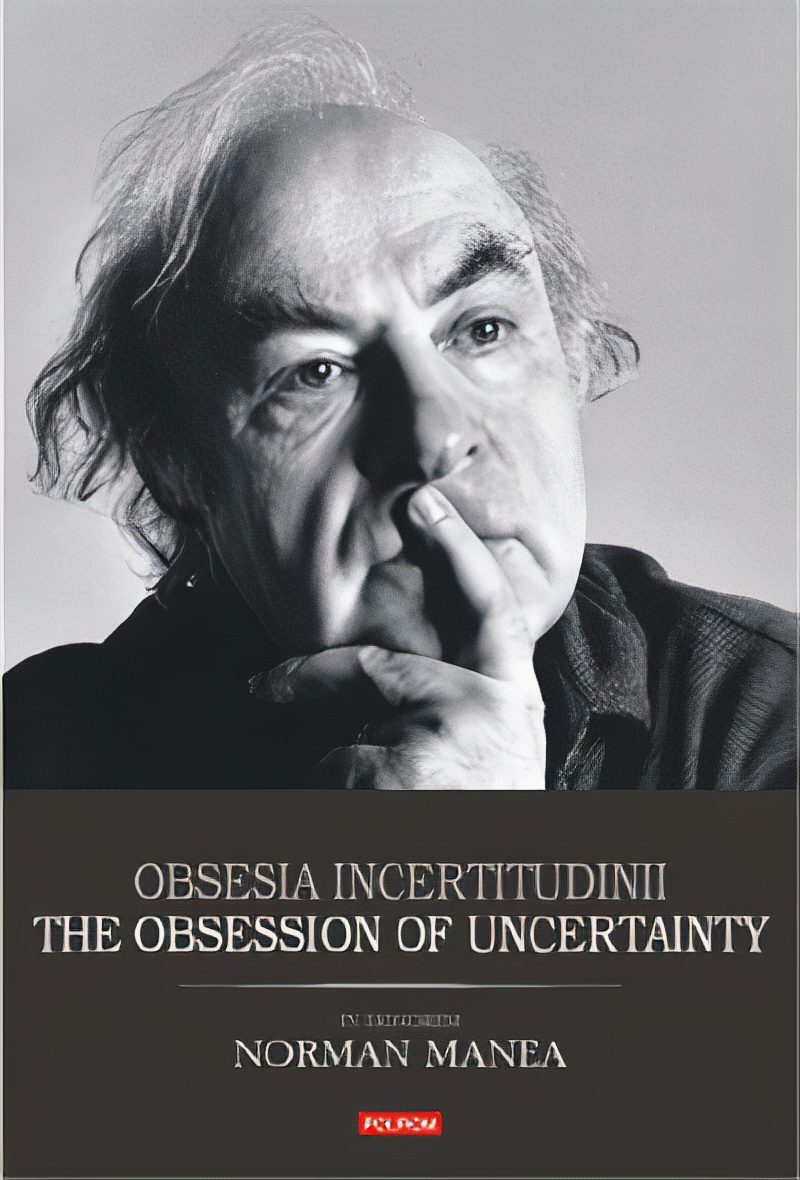
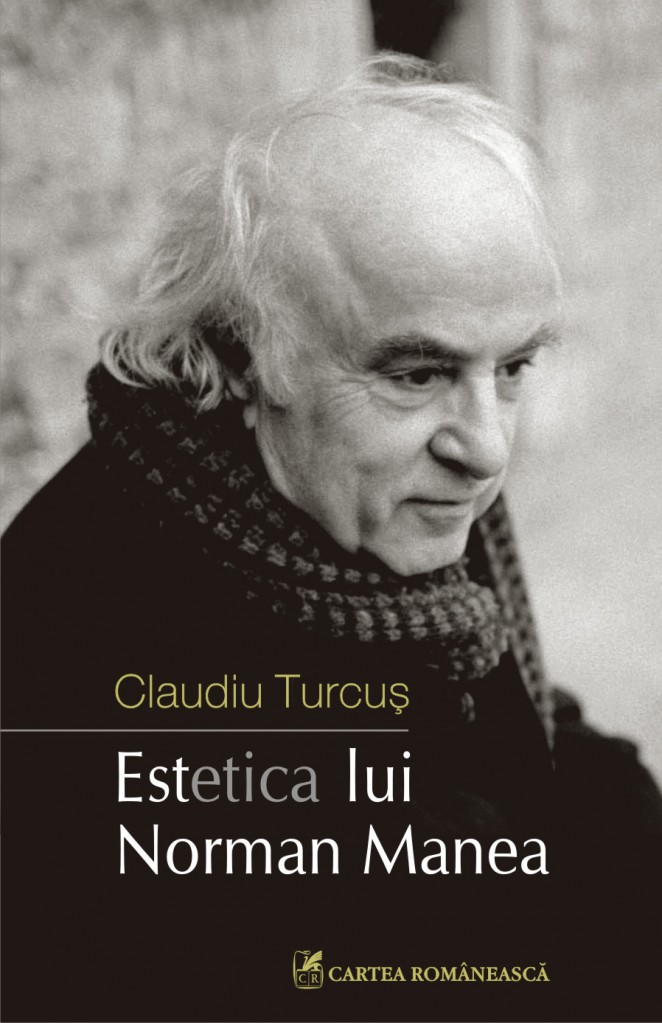
Over the past two decades he has been proposed as a candidate for the Nobel Prize for literature by literary and academic personalities and institutions from many countries and important contemporary writers expressed admiration for the author's literary work and his moral stand before and after the collapse of the communism. The Romanian Publishing House, Polirom, is publishing a series of his work from which are available 25 volumes.
